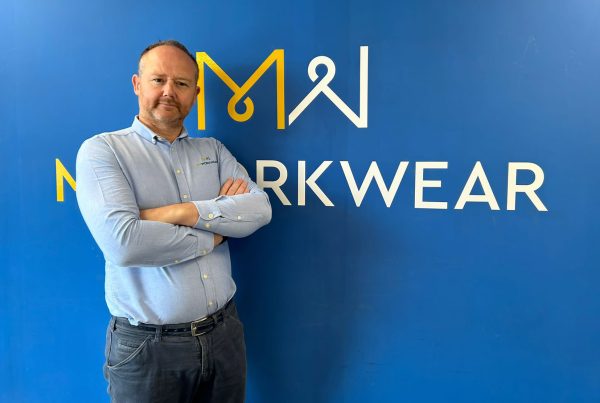Aon plc (NYSE: AON), a leading global professional services firm, has said its 2022-2023 Global Wellbeing Survey shows major differences between current health risks in the UK and those reported two years ago, as well as differences between UK and global health risks. In particular, the survey notes changes in employee financial, emotional, physical and career wellbeing, as viewed by HR leaders.
In the UK, the survey found that the largest employee wellbeing risks are mental and emotional health, with 52 per cent of UK respondents believing that this is a key issue. An equal 52 per cent of UK respondents also reported burnout and languishing as a main issue.
By way of comparison, in 2020 – the last time the survey was conducted – the highest ranked issues were work-life balance followed by mental and emotional health, and then burnout and languishing.
However, the UK showed a marked change in employee �financial risk and stress�. In the latest findings, this was ranked as the third�most important issue at 39 per cent, although this was not in the top five risks two years ago. �Financial risk and stress� is ranked as fifth in the overall global results.
Physical health risks or conditions that have the biggest impact on company performance also differ in the UK � musculoskeletal (MSK), cancer and cardiovascular conditions are substantially higher risks in the UK in comparison to other regions. In the UK, 46 per cent of respondents said that MSK had the biggest impact on their workforce (vs. 26 per cent globally), followed by 42 per cent who said cancer (vs. 21 per cent globally) and 32 per cent who said heart disease (vs. 22 per cent globally). Global employers show the biggest impacts on company performance as physical inactivity (29 per cent), high blood pressure (26 per cent), MSK (26 per cent) and obesity (25 per cent).
Letitia Rowlin, principal strategic consultant for Health Solutions at Aon in the UK, said:
�With far more people working in hybrid or remote roles than ever before, we are seeing the impact on employee wellbeing. Although hybrid and remote work is seen by many as a good or essential perk, others see it as putting their mental, physical and social wellbeing at risk.
�Risks can include a lack of social interaction and support, poor working boundaries, which can lead to overwork, and blurred lines between home and work life. Increased use of technology, including too many modes of communication, fatigue, perception of what others� think, and a lack of belonging add to the challenge. In addition, the rise in the cost of living is placing people under increasing financial pressure. These factors can lead to adverse effects on wellbeing even though employers are aiming to build a more resilient workforce.
Letitia Rowlin continued:
�It also comes as no surprise that MSK has the biggest impact on UK workforces in terms of physical health risks. Despite employers� best efforts, it is more challenging to manage health and safety issues related to desk ergonomics for people who are now working in remote roles. Employers can use the results of this survey to better inform their decisions on wellbeing strategy.�
Aon conducted the survey of human resources and benefits leaders from more than 1,100 companies across 46 countries and multiple industries, in collaboration with IPSOS, a leading global market research company, between August and November of 2022.
Explore findings of Aon�s 2022-2023 Global Wellbeing Survey here.
To learn more about the impact of wellbeing programmes on organisational performance, access the 2020 Global Wellbeing Survey here and listen to episode six of the �On Aon� podcast here.
About Aon
Aon plc�(NYSE: AON) exists to shape decisions for the better � to protect and enrich the lives of people around the world. Our colleagues provide our clients in over 120 countries and sovereignties with advice and solutions that give them the clarity and confidence to make better decisions to protect and grow their business.



